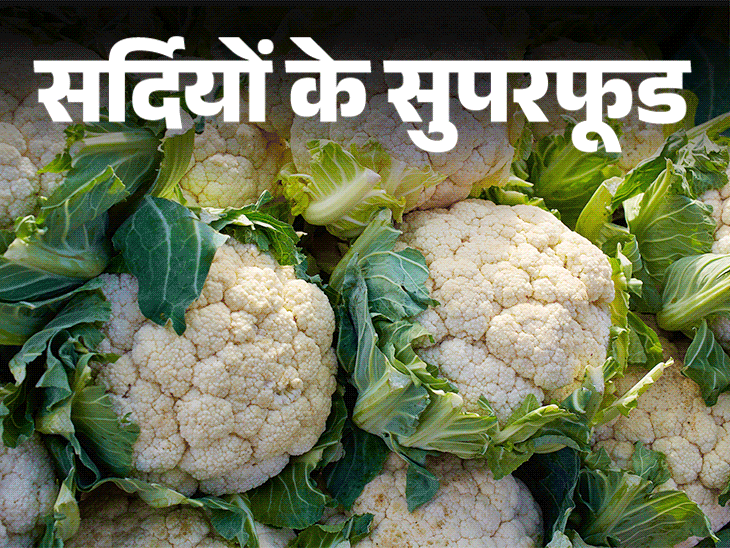“Winter superfood” Today’s foods in the series are cauliflower, cabbage and all the vegetables in this food family, i.e. cruciferous vegetables.
The special thing about winter vegetables is that most of them can be eaten raw. Cauliflower and other members of its family, cabbage, broccoli and turnip are also named in this series. All of these vegetables are called cruciferous.
These are very tasty vegetables. This also clears up the misconception that vitamin C is only found in citrus fruits. Just 100 grams of cabbage provides 80% of the daily vitamin C requirement and the same amount of broccoli provides 148% of vitamin C.
They contain essential minerals like iron and magnesium. They are low-calorie foods and do not contain fat. In addition, thanks to the presence of fiber, they are very useful in weight management. Their consumption keeps blood pressure under control and reduces cholesterol levels. Heart health therefore improves. They are over 90% water, so they also help keep you hydrated in cold weather.
That’s why today in “Winter Superfoods” we will talk about cruciferous vegetables, that is, cauliflower, cabbage, broccoli, turnip, etc. You will also learn that-
What is their nutritional value? Their consumption can reduce the risk of which diseases? Which people should not eat vegetables from this family?
What is their nutritional value? All vegetables in this family are very low in calories. These contain little protein and carbohydrates. There is enough fiber. See the graph:
Cabbage and turnips contain important vitamins and minerals. Cauliflower, broccoli and cabbage are a treasure trove of vitamin C. They also contain minerals essential to the body. See the graph:
Cauliflower is very beneficial for health. In addition to taste, cauliflower is also beneficial for health. The medicinal properties of other members of its family, namely cabbage, broccoli and turnip, are also similar to it.
More and more cases of coronary heart disease occur in winter. In such a situation, their consumption can improve heart health. Eating it improves brain function. The immune system is strengthened and the risk of anemia is reduced.
They also have anti-carcinogenic properties, which can protect you from cancer. What are the other benefits of their consumption, see in the chart:
Some common questions and their answers related to cauliflower, cabbage, broccoli and turnip
Question: How much cabbage can I eat daily? Answer: Dr Madan Mohan says there are no fixed guidelines on this. However, these can be consumed up to one or two servings per day. If you eat cabbage vegetables two to three days a week, the body receives all the essential nutrients and it does not cause any harm.
Question: Does eating cabbage cause brain worms?
Answer: No, this is not the case. Cabbage or any other vegetable infested with insects should always be washed thoroughly and eaten. If these are not properly washed and eaten, the larvae they contain can enter the intestines and from there into the brain. This can cause brain inflammation and seizures. It can be caused by any vegetable. However, a vegetable like cabbage is more prone to insects. The risk is therefore also higher.
Question: Can pregnant women eat cauliflower? Answer: Yes, you can definitely eat it. Dr Madan Mohan says cauliflower is one of the best vegetables for pregnant women. It contains rich amounts of folate, which reduces the risk of anemia.
Since it is a fiber-rich food, it can also relieve the problem of constipation. Constipation is a big problem during pregnancy. Therefore, eating cabbage is beneficial during this period.
………………………….. from the winter superfoods series 1. Superfoods of winter – eat ragi 10 big reasons: Beneficial for people with diabetes, which people should not eat
Ragi is a low glycemic index food, so it is very beneficial for people with diabetes. It is also useful for weight loss. This strengthens bones and also protects against the risk of cancer. … 2. Winter superfood – America and Australia love jowar: Beneficial against diabetes, protects against cancer.
Jowar is known as much for its incredible taste as for its nutrients. Jowar helps in weight loss, safe for people with diabetes. It is anti-inflammatory and also contains anti-cancer elements. …

